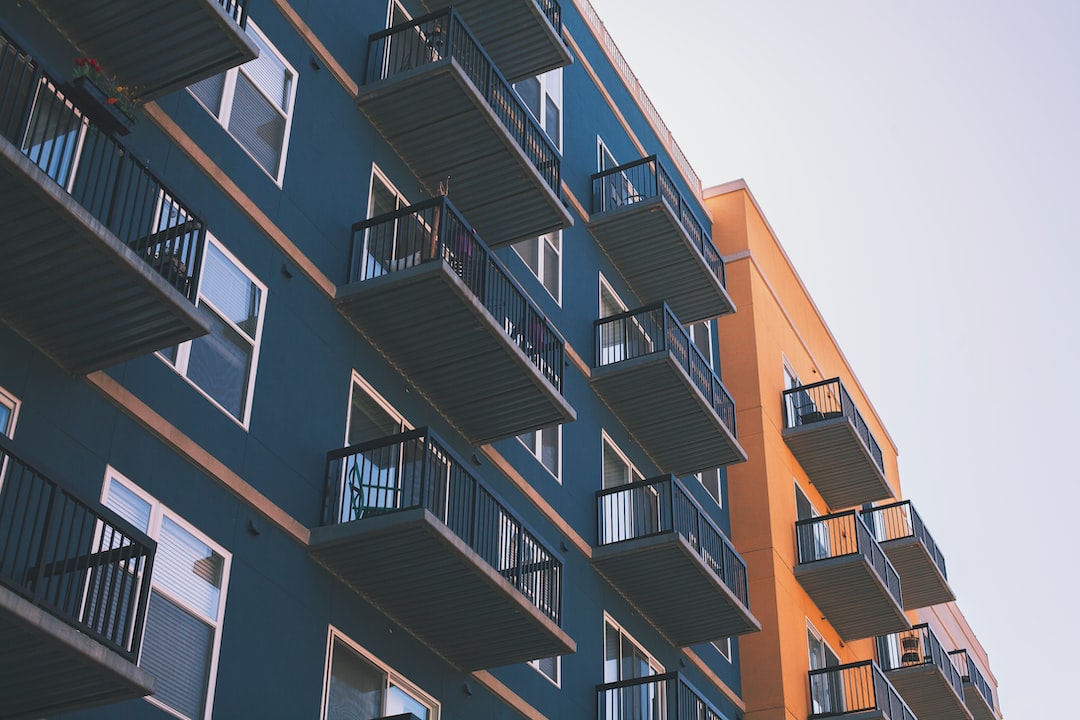A Guide to Renting vs. Buying a Home
Deciding whether to rent or buy a home is a major decision that can have long-term financial implications. Each option comes with its own set of advantages and disadvantages, and understanding the factors involved is crucial for making an informed decision. In this blog post, we will discuss the key considerations when it comes to renting versus buying a home.
Firstly, renting offers flexibility and lower upfront costs. Unlike buying a home, renting requires a smaller initial investment, as there is no need to provide a substantial down payment or cover closing costs. This can be beneficial for individuals or families who are not yet ready to commit to a specific location or would prefer to allocate funds to other expenses, such as travel or education.
Renting also provides more flexibility in terms of mobility. If your job or personal circumstances require you to move frequently, renting allows you to do so effortlessly. On the contrary, homeownership ties you down to a specific location, making it harder to relocate without selling or renting out the property. Additionally, renting relieves you of maintenance and repair responsibilities, as these are generally the landlord’s duties. This can save you time and spare you from unexpected expenses.
However, there are downsides to renting. The monthly rent payments are essentially going towards someone else’s mortgage and providing no equity for the tenant. Rent prices can also increase annually, making it less predictable and potentially harder to budget in the long run. In some cases, landlords may decide not to renew leases, leading to the uncertainty of having to find a new place to live. Furthermore, renting restricts customization options, as most landlords have rules and limitations regarding personalizing the property.
On the other hand, buying a home offers long-term stability and the opportunity to build equity. When you purchase a property, you are making an investment that can appreciate in value over time. This means that the money you put into mortgage payments is not only providing shelter but also works towards building your net worth. Furthermore, owning a home allows for customization and personalization, such as remodeling or painting, without seeking permission from a landlord. This provides a sense of pride and control over your living space.
However, homeownership carries its own set of responsibilities and expenses. Along with being responsible for mortgage payments, homeowners need to budget for property taxes, insurance, maintenance, and repairs. These costs can add up and must be considered when determining affordability. Additionally, selling a home can be a time-consuming process, and if the market is down, it may not yield the expected return on investment.
Ultimately, the decision between renting and buying should be based on a combination of financial considerations, personal preferences, and future goals. Evaluating your current financial situation, long-term plans, and the market conditions in your area is crucial. It may be helpful to consult with a financial advisor or real estate professional who can provide insights into the local market, mortgage rates, and projected investment potential.
In conclusion, renting and buying both have their own sets of pros and cons. Renting offers flexibility and lower upfront costs, whereas buying a home provides stability and the opportunity to build equity. Careful consideration, financial analysis, and personal preferences should guide this decision. By understanding the factors involved, you can make an informed choice that aligns with your lifestyle and long-term goals.
